Possible 400-Year-Old Ritual Objects From Egypt Identified
‘People in the Early Ottoman Period consulted popular sorcerers, alongside their formal belief in the official religion, say the Israeli archeologists
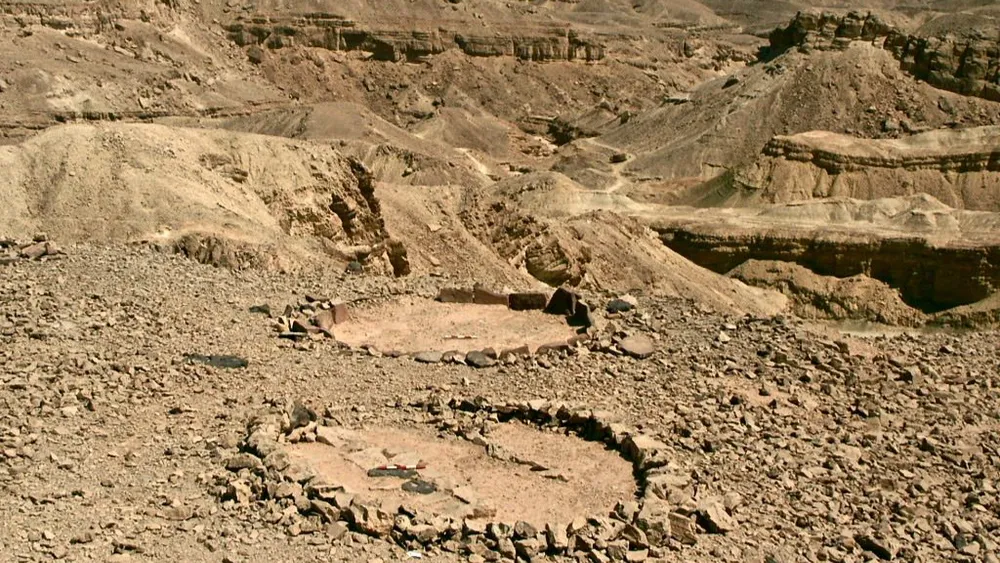
The Israel Antiquities Authority (IAA) released on Monday archeological findings of “magical” artifacts on the Darb al-Hajj pilgrimage route from Egypt to Saudi Arabia, which passed through the Sinai Peninsula.
The assemblage of artifacts was first discovered in the 1990s in the Eilat region, near the Red Sea. The team of Israelis analyzed the rare collection of objects, and determined that they were used for magic rituals about 400 years ago, “to ward off the evil eye, to heal diseases and more.”
“This discovery reveals that people in the Early Ottoman Period—just as today—consulted popular sorcerers, alongside the formal belief in the official religion,” said Dr. Itamar Taxel of the Israel Antiquities Authority and Dr. Nitzan Amitai-Preiss of the Hebrew University of Jerusalem.
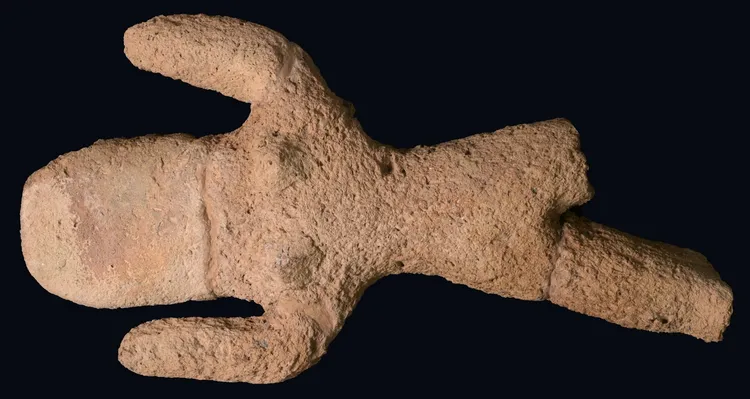
The archeologists said the objects may have been broken purposely during the ceremonies, describing one of the objects as “fragments of clay globular rattles, mostly similar to table tennis balls, containing small stones that sound when the rattle was shaken.”
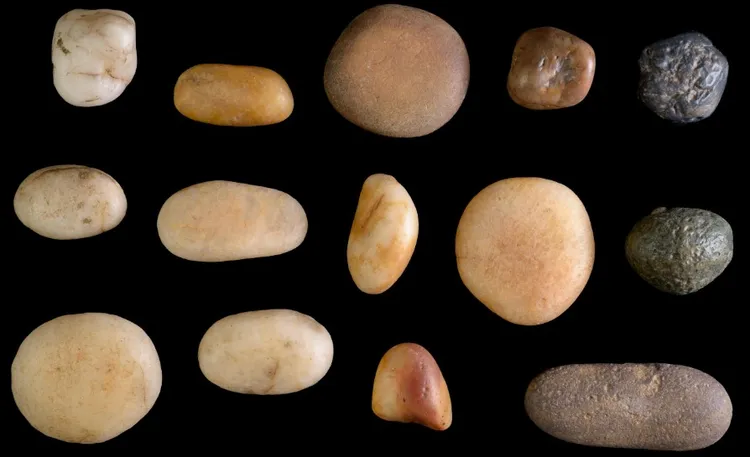
In addition, there were two artifacts “similar to miniature votive incense altars,” as well as figurines, particularly of a naked woman “or a goddess with raised hands, a characteristic feature of deities or priests,” and some colored quartz pebbles.
“This is the first time that such a large assemblage of ritual objects of this kind has been found, and it is even more unique at a temporary site and not a permanent settlement,” the researchers stated, describing the material as coming from Egypt.
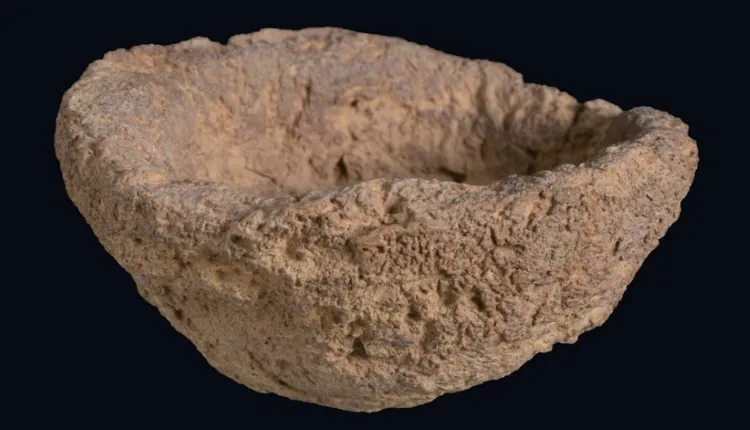
The location where the artifacts were found was next to Darb al-Hajj pilgrimage road that started in Cairo and wound through the Sinai Peninsula into the Arabian Peninsula.
The road was used from the 7th century CE — the advent of Islam — until the 19th century CE.
“The road and adjacent archaeological sites are to become part of a unique regional archaeological-touristic area promoted by the Ministry of Tourism,” Dr. Omry Barzilai, Southern Regional Archaeologist of the Israel Antiquities Authority, said about the special site.
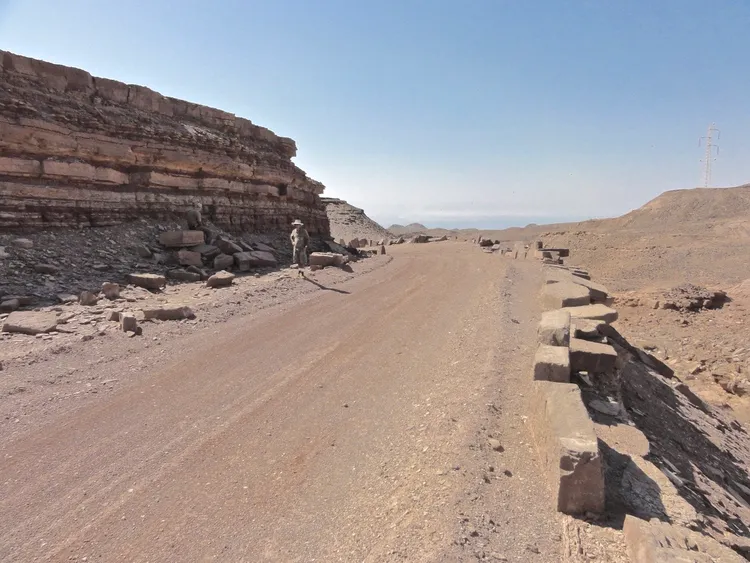
The research was recently published in the Journal of Material Cultures in the Muslim World.